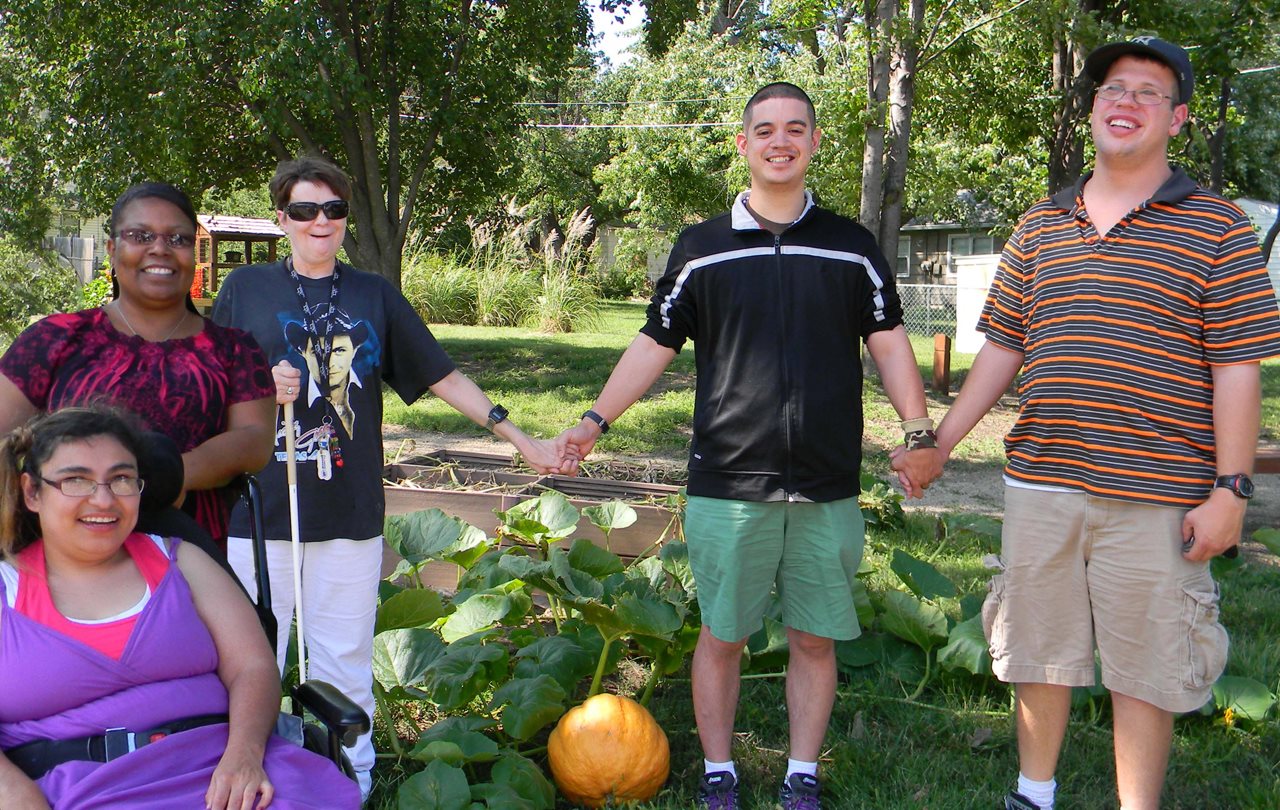
Did you know gardening can have a significant, positive impact on people's lives? During the pandemic, 18 million new gardeners turned to their outdoor spaces to relieve the stress and anxiety caused by isolation. In addition to the calming effect that working in and visiting gardens can have on mental and physical health, gardening also teaches valuable life skills. For example, at a community garden in Detroit, homeless women and mothers gained confidence and self-reliance by learning how to grow their own vegetables.
Here are five vital ways gardening can enhance your well-being, along with just a few examples of how they've changed many lives for the better.
1. Boost your physical health
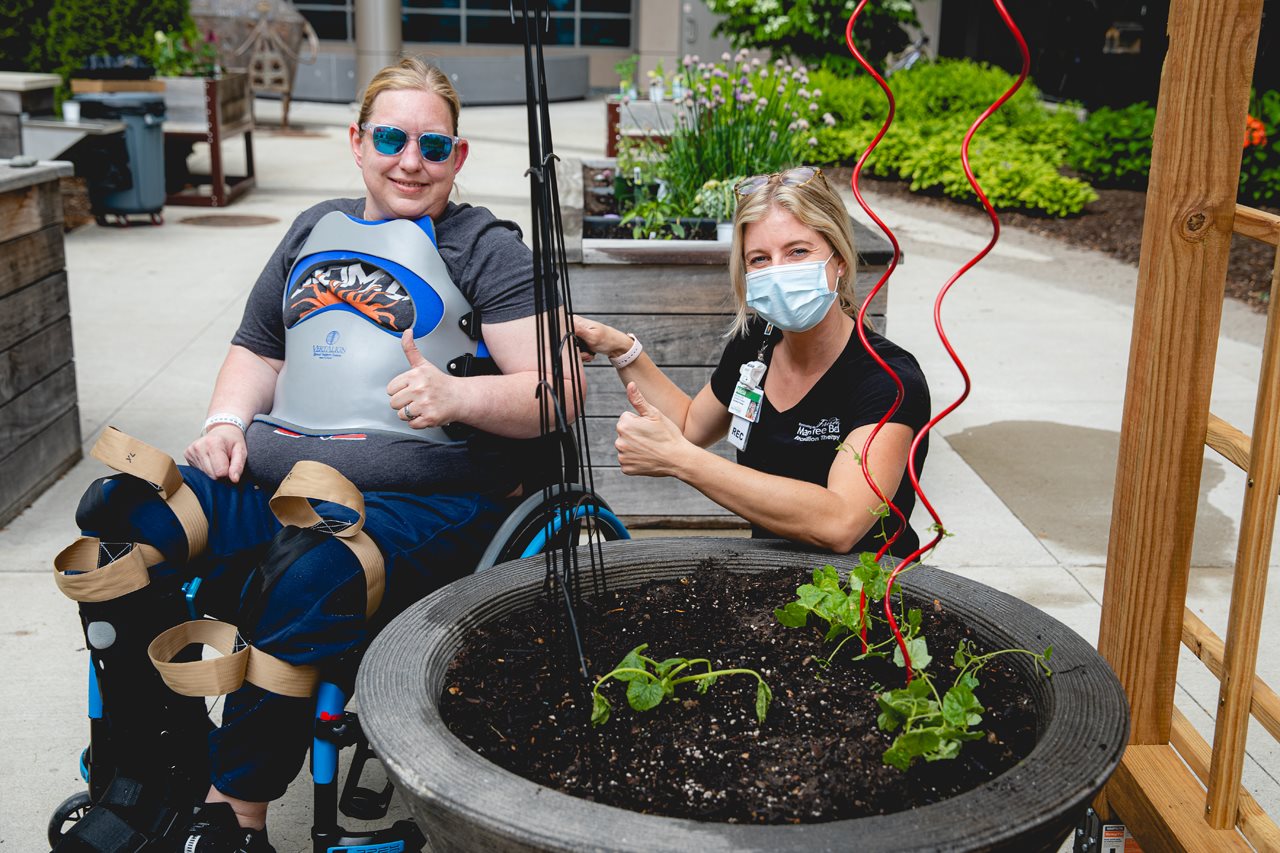
Working in your garden is a great way to be more active. According to the CDC, gardening is the second favorite physical activity of older adults (behind walking), providing moderate physical activity which may help reduce stress, lower your blood pressure and maintain a healthier weight — all factors that can reduce your risk of heart disease, among other benefits. Being outdoors helps you obtain vitamin D from sunshine, boosting your mood and contributing to your body's ability to absorb calcium, which is crucial for bone health, according to the National Institutes for Health. Physical therapy in a garden setting is a proven technique for faster recovery times. As an added bonus, you can grow vegetables and fruits for a more nutrient-rich diet.
2. Make social connections
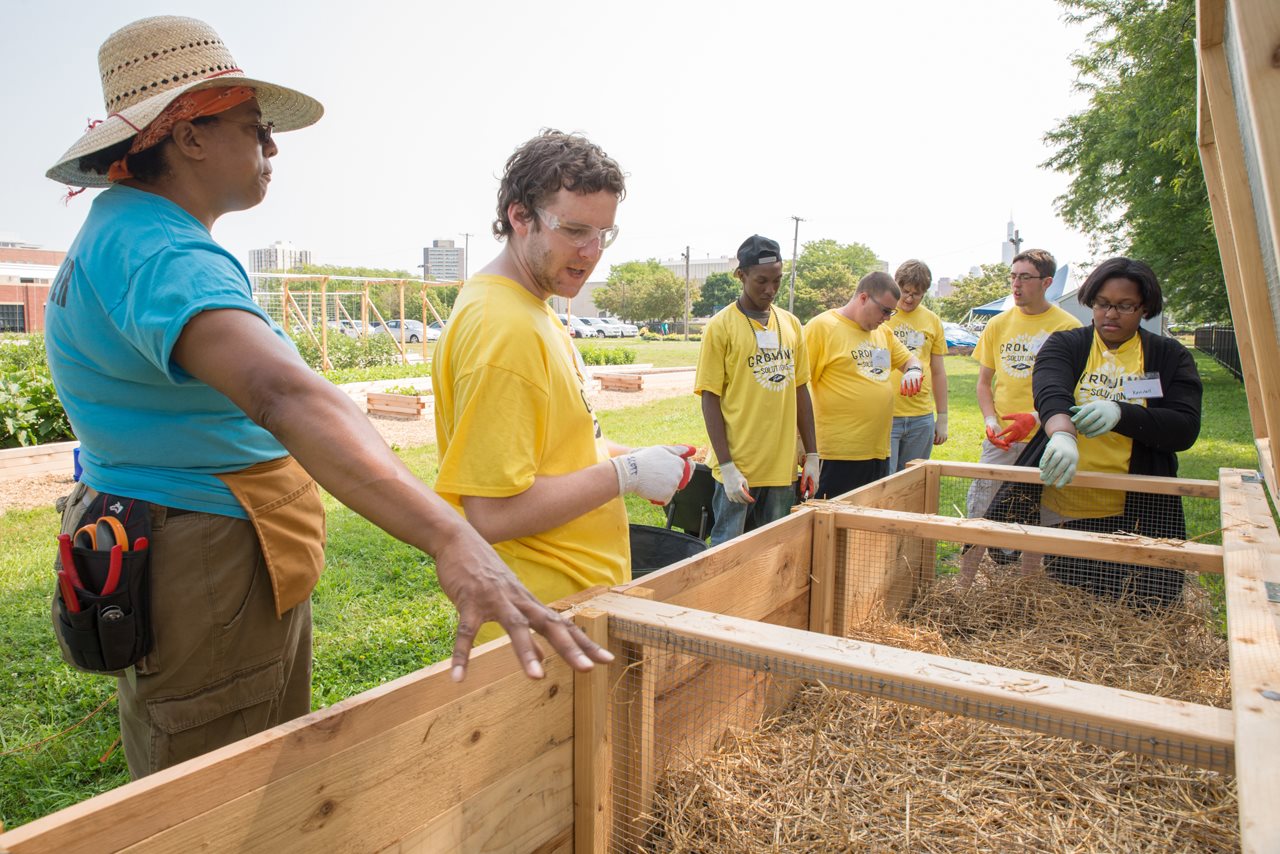
At a vocational therapeutic garden in Chicago, one young man with autism relearned how to communicate verbally after years of being unable to use his voice. This helped him socially, as well as enabling him to get and keep a job. To create your own social connections, try joining (or volunteering at) a gardening club, working in a community garden or chatting with a neighbor while you're working in your yard.
3. Stimulate your brain
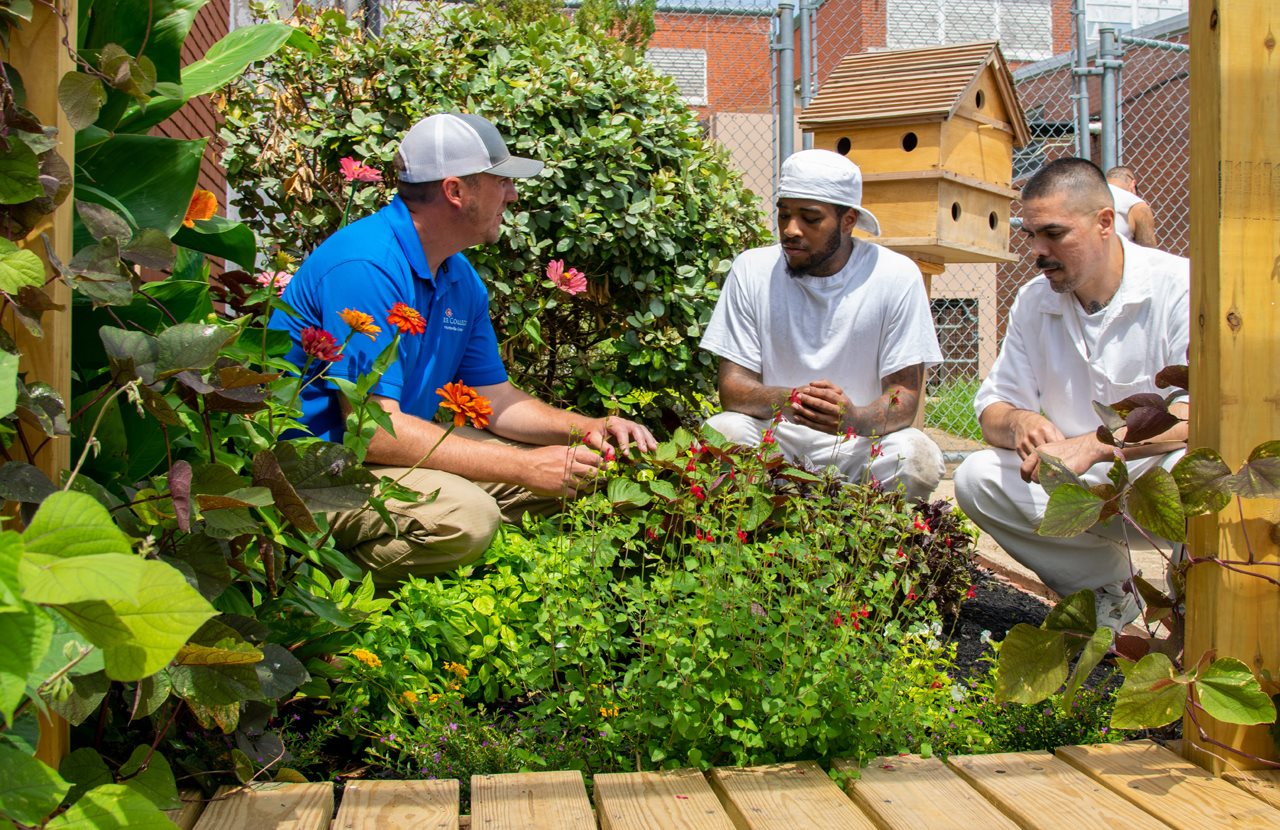
Gardening keeps your brain active. Planning your garden, researching plants and methods to help them thrive all increase your scientific knowledge. Learning how plants grow, understanding their life cycle and their impact on pollinators are all vital for appreciating what the earth needs — and how everyone can contribute. At a prison in Texas, they've reduced the recidivism rate from 35% to 4% thanks to the job training skills parolees learned during a one-year horticulture training program that enabled the parolees to get and keep jobs after release.
4. Grow your mood
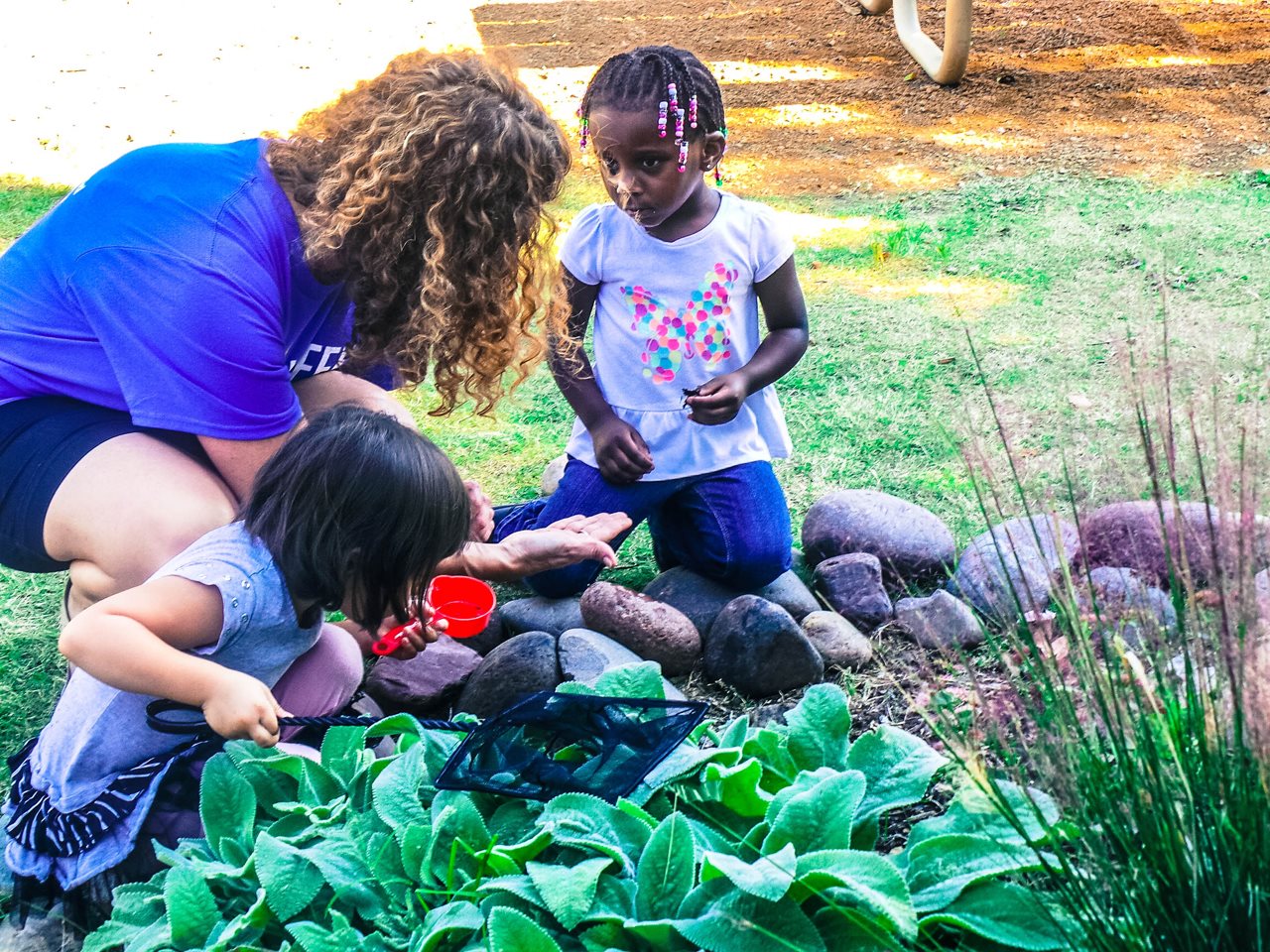
The Japanese concept of "forest bathing" means immersing yourself in the natural world. Japan made this part of their national health program due to research showing the many health benefits of being in nature. The therapeutic benefits of gardens are widely appreciated, which is why you see therapeutic gardens at hospitals, rehabilitation centers, hospices and other facilities. Research reveals that those who spend time outdoors may experience better recovery, less anxiety or depression and reduced reliance on pain medication. Children in a homeless center in Dallas were given the opportunity to work in gardens, leading to a marked reduction in their aggressive tendencies caused by the uncertainty in their lives.
5. Elevate your experience
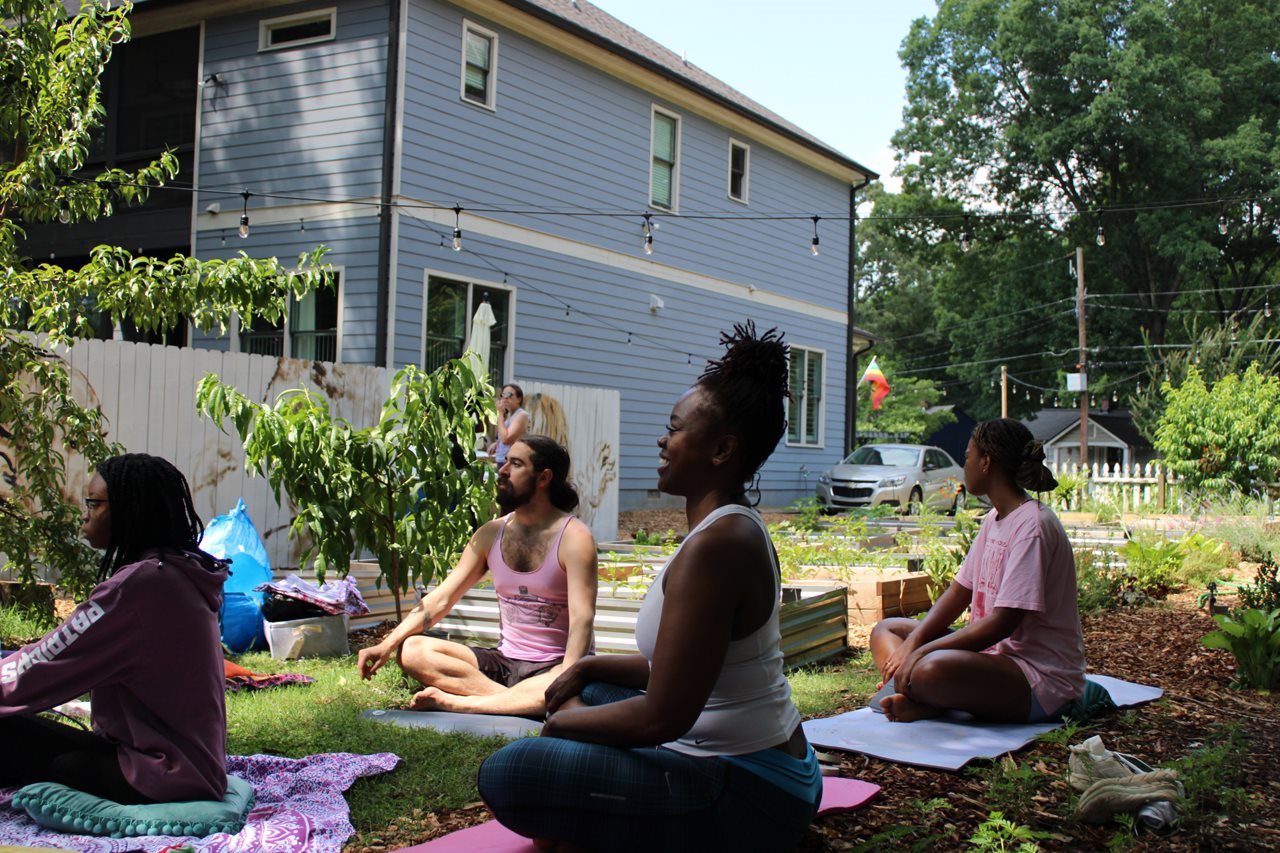
For many, spending quiet time in nature also helps foster a feeling of connection with all living things. Gardens have long been a feature of spiritual retreats and sanctuaries. If you want to experience calm and tranquility, gardens provide uplifting, serene environments that can help you attain that sense of inner peace.
Create your ideal garden
Knowing what an impact gardens and gardening has on people's lives, you may be inspired to create your own, or to reimagine your existing garden. Want to enhance your physical well-being? Grow healthy food, or expand your garden to provide more opportunities for exercise. Looking for connections? Join a garden group or invite friends to garden with you. Aiming to stimulate your brain? Research what grows best in your region or learn about new plants. Interested in boosting your mood? Plant colorful flowers that make you smile and create spaces to relax and enjoy nature. Want to feel uplifted? Create a sanctuary with space for practicing yoga or meditation.
With a little planning, work and time, you can make the most of your garden this season, and you’ll be reaping the benefits for years to come. Learn more about the goodness of gardening at NationalGardenBureau.org.



